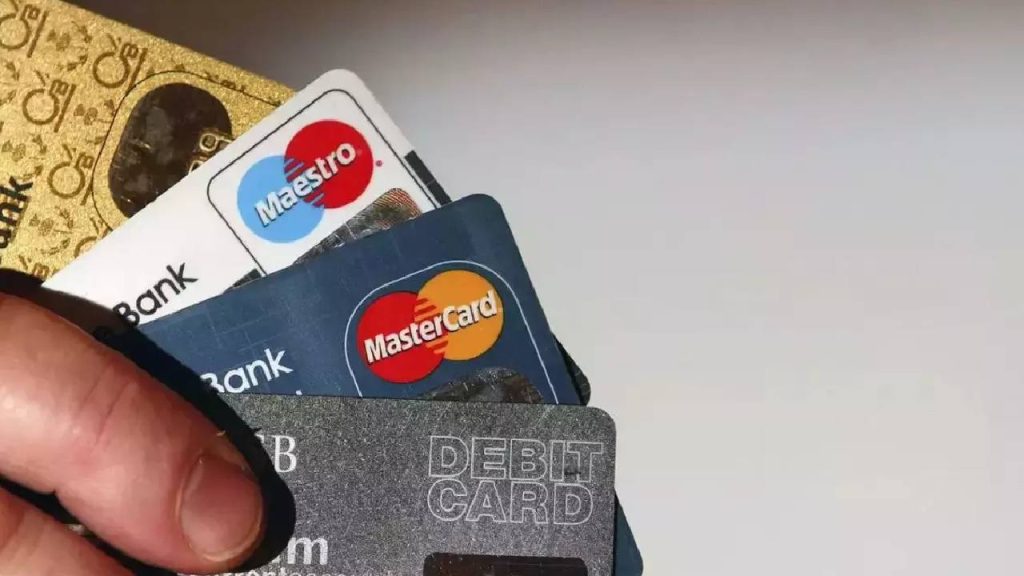
Credit cards can be powerful financial tools when used responsibly. They offer convenience, rewards, and the ability to build credit. But there’s often a lingering question: how many credit cards is too many? The answer depends on your financial situation, habits, and goals. Let’s break it down.
Understanding Your Credit Score
Before diving into the ideal number of credit cards, it’s important to understand how they impact your credit score. The main factors that affect your credit score include:
- Payment History (35%): Consistently paying your bills on time is the most important factor.
- Credit Utilization (30%): This is the percentage of your available credit that you’re using. Keeping it below 30% is key.
- Length of Credit History (15%): The longer your credit accounts have been open, the better.
- Credit Mix (10%): Having a variety of credit types (e.g., credit cards, loans) can boost your score.
- New Credit Inquiries (10%): Opening too many new accounts in a short period can hurt your score temporarily.
How Many Credit Cards Should You Have?
There’s no one-size-fits-all answer to this question, but here are some factors to consider:
1. Your Spending Habits
If you’re disciplined with your spending and pay off your balances in full each month, having multiple credit cards can be manageable. It allows you to take advantage of different rewards programs and perks.
2. Your Credit Utilization
Having more credit cards increases your total available credit, which can help lower your credit utilization ratio—a key factor in maintaining a healthy credit score.
3. Your Ability to Manage Accounts
Juggling multiple cards requires organization. If you struggle to keep track of due dates or balances, it’s better to stick to fewer cards to avoid late payments and fees.
Signs You May Have Too Many Credit Cards
- You’re Missing Payments: If keeping track of due dates becomes overwhelming, it might be time to simplify.
- High Annual Fees: Paying annual fees on multiple cards without maximizing their benefits could be a sign you’re overspending.
- Overspending: If having access to more credit tempts you to spend beyond your means, fewer cards might be a better choice.
- Frequent Hard Inquiries: Applying for too many cards in a short time can temporarily lower your credit score and make you look risky to lenders.
Benefits of Multiple Credit Cards

- Maximize Rewards: Different cards offer rewards for specific spending categories, like groceries, travel, or gas. Having multiple cards lets you optimize your rewards.
- Backup Options: Having more than one card can be useful if one is lost, stolen, or declined.
- Credit Building: Responsible use of multiple cards can demonstrate good credit behavior and boost your score over time.
The Bottom Line
The right number of credit cards depends on your financial situation and how well you manage them. For some, one or two cards are enough to build credit and meet their needs. For others, having several cards makes sense for maximizing rewards and benefits.
If you’re considering adding a new card, ask yourself these questions:
- Can I manage another card without missing payments?
- Will this card offer benefits I’ll actually use?
- Does it align with my financial goals?
Remember, quality over quantity matters when it comes to credit cards. It’s better to have a few cards that serve your needs well than to have many that you can’t manage effectively.
Also read:
- Best 5 CRM for Small Businesses: Top Solutions and Leading Companies in the USA
- Best 5 Business Loan Provider!
- Car Insurance Quotes: Top 5 Companies in the USA
- His Dog Unexpectedly Ran Into The Forest – When He Finally Found It, His Blood Ran Cold!
- Moose Breaks Into Hospital—Nurse Brought to Tears by What She Sees on its Antlers.
Final Tip
Always monitor your credit report and score regularly. This helps you stay on top of your credit health and ensures you’re managing your accounts responsibly. If you’re ever unsure, consult a financial advisor to create a plan tailored to your goals.

Leave a Reply